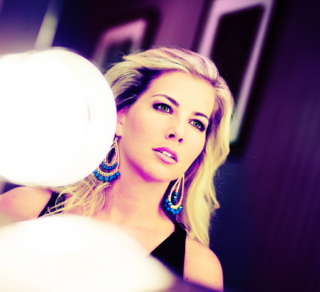A Quote by Howard Gordon
What is absolutely true is that any good [Television] series has a specific voice. And I think that voice is almost exclusively the domain of the executive producer. . . . As a staff writer you're not being called upon to be the great creative person. You're sort of called upon to understand the characters and their voices and put them through certain paces.
Related Quotes
There's this message to comedians in particular, that you shouldn't write it, and a television writer should write it. And that's a prevailing conventional wisdom that I think is really wrong. That's not to say that television writers aren't great, but I think that the belief that some comedy writer's going to be able to capture your voice is naive.
In fiction the narrator is a performance of voice, and it can be any style of voice, but I'm interested in the ways that a voice that knows it's telling a story is actually telling a different story than it intends to. In the way that I can sit here and tell you what I had for breakfast, but I'm really telling you that I'm having an affair, something like that. And I don't think my writing is plain, but I think a lot of my characters are just talking. There is vulnerability there, in that we can start to see through them, we can start to see where they're deceiving themselves.
I hope that 'Gambit' doesn't take ten years, but it takes a little honing to get that tone and that voice exactly right. The character has such a specific voice in the comic, in the same way that Deadpool has a specific voice in the comic, that we want to make sure that we capture that voice on the page.






































